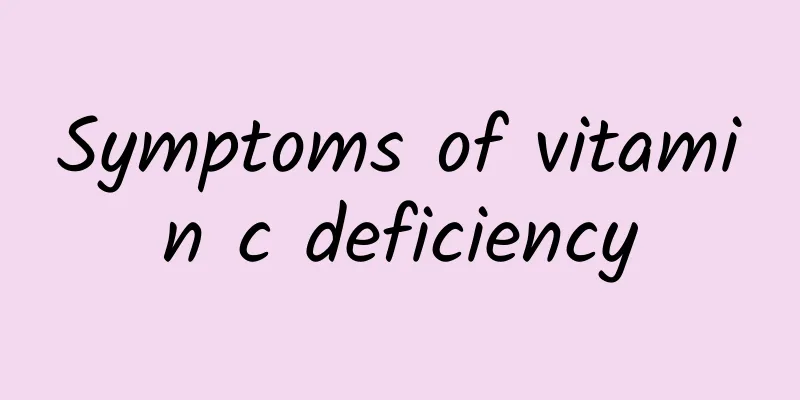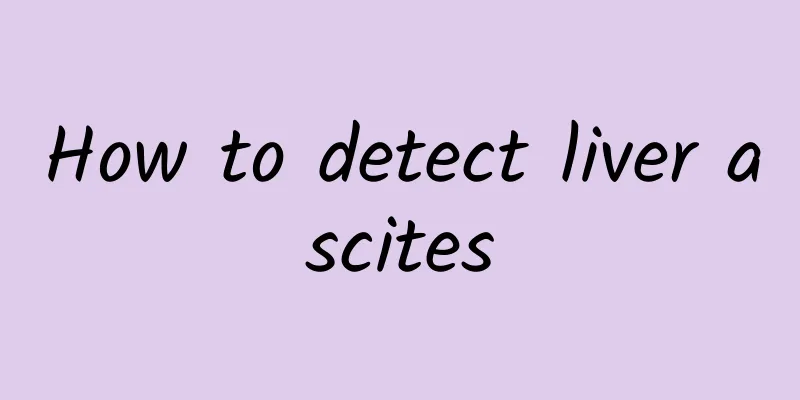The latest treatment for Crohn's

|
Crohn's disease is a relatively common intestinal disease. Patients often suffer from diarrhea, which is quite harmful to patients. Good treatment should be given in time. There are many treatment methods, mainly antidiarrhea, analgesia and antispasmodics. Patients with iron or zinc deficiency should be supplemented in time to avoid acid-base imbalance and electrolyte imbalance. Let us learn about this aspect below. The latest treatment for Crohn's Treatment includes rest and careful diet and nutrition. During the diarrhea period, you should pay attention to nutritional supplementation, generally using a low-residue diet to reduce the mechanical trauma that high-fiber components may cause to the intestinal mucosa. Careful inquiry should be made as to whether the patient has a history of milk allergy. Limiting the intake of dairy products can sometimes help stop diarrhea. People with iron, zinc or folic acid deficiency should be given appropriate supplements. At the same time, attention should be paid to correcting the imbalance of water, electrolytes and acid-base. When high-dose hormone therapy is used, urinary potassium excretion increases, which can easily lead to hypokalemia and induce toxic intestinal dilatation. Potassium should be supplemented in time at this time. When using antidiarrheal, antispasmodic, and analgesic drugs in UC, the pros and cons must be weighed and they should not be used lightly. Appropriate use of analgesics, antispasmodics and antidiarrheal drugs, such as compound phenoxylate or loperamide, can help relieve diarrhea, abdominal pain and tenesmus. However, most authors currently believe that these drugs have the risk of inducing toxic intestinal dilatation in critically ill patients, so their use is generally not recommended. Enteral nutrition therapy for Crohn's diseaseSymptoms of Crohn's disease often include malnutrition, which is caused by: ① chronic abdominal pain, diarrhea, and insufficient intake; ② short bowel syndrome due to multiple intestinal resections due to surgeries such as abscesses, scar stenosis, and fistulas; ③ poor absorption; ④ loss of nutrition in the diseased mucosa; ⑤ long-term use of hormones causing muscle atrophy and metabolic changes. Nutritional support is both a nutritional supplement and a treatment method. Especially for Crohn's disease, it can relieve symptoms, and whether it is parenteral nutrition or enteral nutrition, the effectiveness rate can be 60%~80%. Crohn's disease may be complicated by enterocutaneous fistula and intestinal obstruction, so the use of enteral nutrition should be considered. When there is intestinal fistula, the principle of enterocutaneous fistula nutritional support can be selected; when there is partial intestinal obstruction, it is not an absolute contraindication to enteral nutrition. Nutrients selected include medium-chain fatty acids, branched-chain amino acids, glutamine, etc. Milk is not used due to the lack of lactase. However, in Crohn's disease, nutritional support can only improve the patient's nutritional status. The effect of parenteral nutrition is better than enteral nutrition, but neither can relieve Crohn's symptoms. |
<<: Treatment of hypothyroidism edema
>>: Treatment of chickenpox in children
Recommend
Treatment of viral hepatitis
Viral hepatitis is a hepatitis disease caused by ...
My throat is itchy and I can't help coughing. What's going on?
If you always feel itchy throat and can't hel...
What causes stomachache and fever?
Many people with stomach pain also have a high fe...
The difference between Polygonatum odoratum and Polygonatum odoratum
In daily life, there are many things that are sim...
Who should take Danshen dripping pills?
Most people can take Danshen Drops. It has a wide...
What to eat to easily give birth to twins, try this
Twins are a great blessing for many families, and...
My chest hurts so much
Sometimes, when we experience pain in our body, t...
Small pimples on the neck
With the increase of life pressure and the faster...
What causes chapped lips in summer?
In summer, lips are prone to dryness, and in seve...
Tianshan Kunlun Snow Chrysanthemum
Tianshan Kunlun Snow Chrysanthemum is a precious ...
Nursing care for patients with convulsions
What are the nursing measures for patients with c...
Candidal vulvovaginitis
For women who have started sexual life, the most ...
Symptoms of stool retention
Stool retention has a great impact on a person. I...
The efficacy and function of Senna leaf granules
Do you know when to turn over the leaves? It is a...
Can rectal pitting erosions heal on their own?
Although rectal erosion is not a serious disease,...









